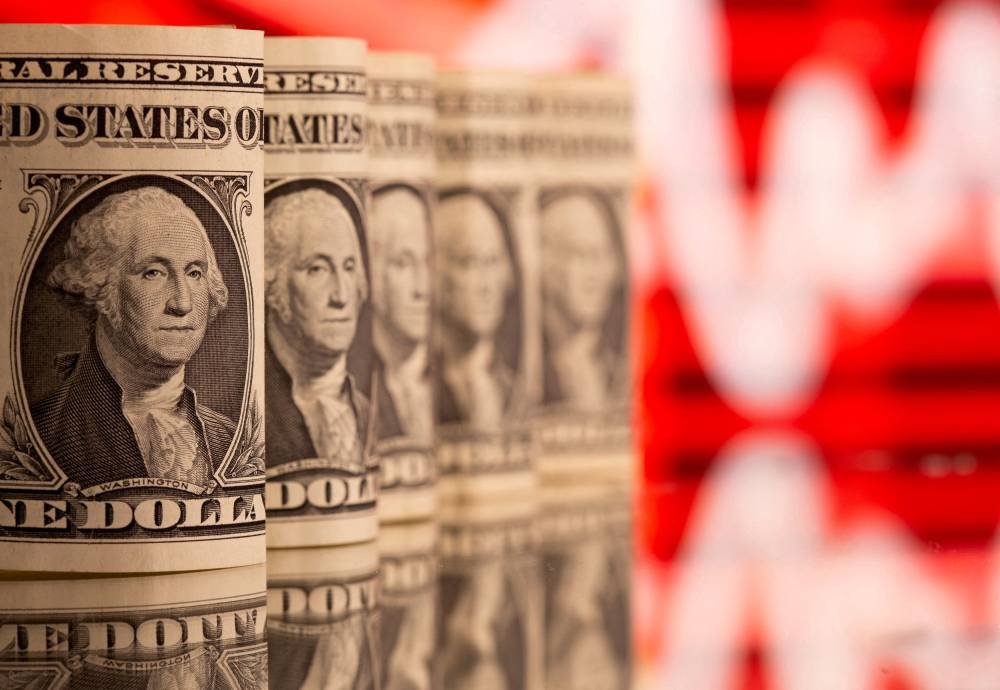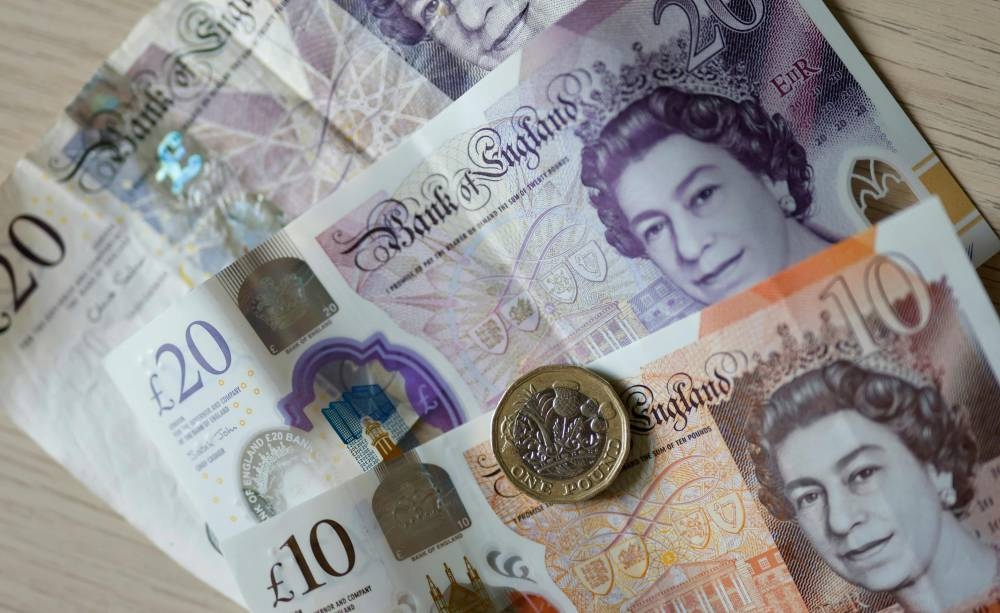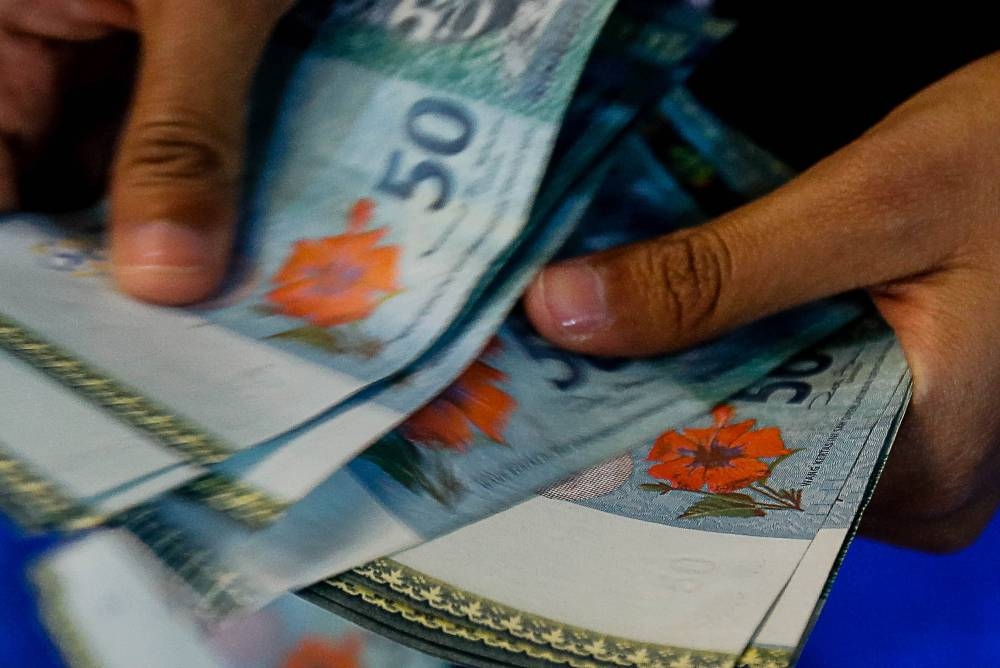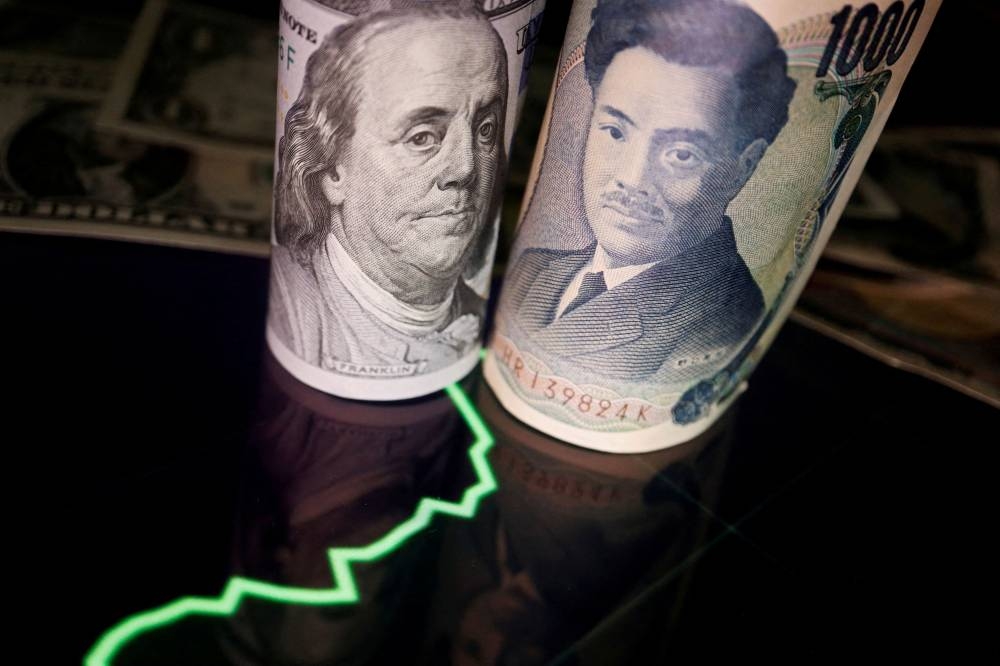NEW YORK, Sept 1 — The dollar index hit a 20-year high today, and notched a 24-year peak against the rate-sensitive Japanese yen, after US data showed a resiliently strong economy, giving the Federal Reserve more room to aggressively raise interest rates to curb inflation.
The US currency strengthened after a government report showed that the number of Americans filing new claims for unemployment benefits declined further last week, consistent with strong demand for workers and tight labour market conditions.
The report also showed that layoffs dropped in August, despite hefty interest rate increases from the Fed to quell inflation, which have raised the risk of a recession.
Data from the Institute for Supply Management (ISM) showed US manufacturing grew steadily in August as employment and new orders rebounded, while a further easing in price pressures strengthened expectations that inflation has likely peaked.
“We’ve got stocks hitting new lows here and yields higher and that may reflect the data to some extent because there are no signs of a meaningful slowdown in these numbers,” Shaun Osborne, chief FX strategist at Scotiabank, said following the ISM data.
“That may tilt expectation toward a slightly more hawkish Fed.” The US dollar index, which measures the greenback against a basket of six currencies, was up 0.873 per cent at 109.81, at 10.45am Eastern time (1445 GMT), its highest since June 2002.
“Even after hitting fresh records, USD strength has scope to extend somewhat further, boosted by the global slowdown and the European energy crunch in particular,” said analysts at Generali Insurance Asset Management.
Expectations for a third straight 75-basis-point US rate hike at next month’s Fed meeting are rising on the back of solid economic data, with Fed funds futures last pointing to around a 77.1 per cent chance of such an increase.
This helped push the yield on benchmark 10-year US Treasuries to a more than two-month high of 3.26.
All eyes will now be on the US non-farm payrolls for August due tomorrow.
The euro slid 1.24 per cent, falling back below parity against the dollar to US$0.9931 (RM4.45), while the British pound hit a fresh two-and-a-half year low of US$1.1522 and was last down around 0.86 per cent, as the safe-haven dollar was also supported by moves away from riskier assets.
Manufacturing activity across the euro zone shrank for a second month in August, according to a survey, mirroring a slump in factory activity around the world, and while European energy costs have softened slightly this week, they remain at highly elevated levels.
The Japanese yen slid to as low as ¥140.225 per dollar, its softest since 1998. The dollar was last up 0.71 per cent at ¥139.94.
“The main driver remains rate differentials between Japan and the U.S., and even today’s price action just follows the overnight move higher in US rates. We think the path ahead is going to depend on how US rates behave,” said Sosuke Nakamura, a strategist at JPMorgan in Tokyo.
The risk-sensitive Australian and New Zealand dollars also sold off as part of the move towards safe haven assets and hit their lowest levels since July.
The Aussie was last down 0.77 per cent at US$0.67905, and the Kiwi was 0.78 per cent lower at US$0.6072.
Bitcoin which, too, trades in line with risk sentiment, was slightly softer, trading slightly under US$20,000. — Reuters






















